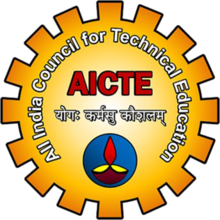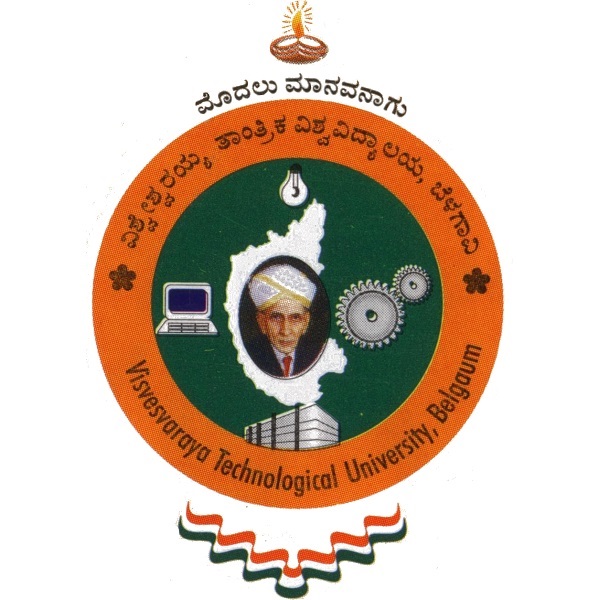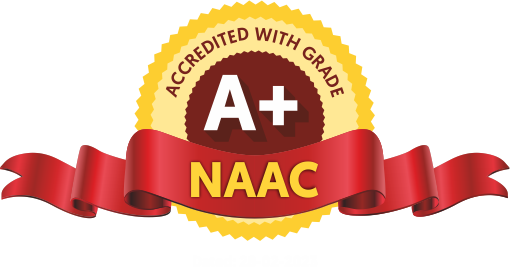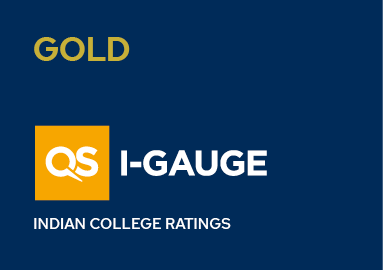Department of Electronics and Communication Engineering
About Department
The Department of Electronics and Communication Engineering was instituted in the year 1982 with the objective of imparting knowledge in cutting-edge technologies of Electronics and Communication Technology. Ever since the inception of the department, it has been fulfilling to the needs of the students by imparting the latest and need-based technical knowledge. Presently, the department has well-qualified faculty members who have made significant contribution in various fields and have published research papers in reputed journals, International and national conferences. We encourage participation of students in various co-curricular and extra-curricular activities as well.
Vision
"To excel in education and research in Electronics and Communication Engineering and its related areas through its integrated activities”
Mission
- To provide students a strong foundation in Electronics and Communication Engineering.
- To provide high quality technical education in Electronics and Communication Engineering discipline and its related areas to meet the growing needs and challenges of industry and society.
- To be a contributor to the technology through the process of skill development, value based education, research and innovation.
Program Educational Objectives (PEOs) of the Program: Electronics and Communication Engineering
PEO1: Graduates will have a solid foundation in Electronics and Communication Engineering.
PEO2: Graduates are technically competent and able to analyze, design, develop and implement Electronics and Communication systems.
PEO3: Graduates will have sufficient depth and breadth in Electronics, Communication Engineering and related fields to enable to solve the general engineering problems.
PEO4: Graduates will have an ability to communicate effectively and interact professionally with colleagues, clients, employers and the society.
PEO5: Graduates are capable of engaging in life - long learning and to keep themselves abreast of new developments in their fields of practice.
Program Outcomes (POs)
| PO1: | Engineering knowledge: Apply the knowledge of mathematics, science, engineering fundamentals, and an engineering specialization to the solution of complex engineering problems. |
| PO2: | Problem analysis: Identify, formulate, review research literature, and analyze complex engineering problems reaching substantiated conclusions using first principles of mathematics, natural sciences, and engineering sciences. |
| PO3: | Design/development of solutions: Design solutions for complex engineering problems and design system components or processes that meet the specified needs with appropriate consideration for the public health and safety, and the cultural, societal, and environmental considerations. |
| PO4: | Conduct investigations of complex problems: Use research-based knowledge and research methods including design of experiments, analysis and interpretation of data, and synthesis of the information to provide valid conclusions. |
| PO5: | Modern tool usage: Create, select, and apply appropriate techniques, resources, and modern engineering and IT tools including prediction and modeling to complex engineering activities with an understanding of the limitations. |
| PO6: | The engineer and society: Apply reasoning informed by the contextual knowledge to assess societal, health, safety, legal and cultural issues and the consequent responsibilities relevant to the professional engineering practice. |
| PO7: | Environment and sustainability: Understand the impact of the professional engineering solutions in societal and environmental contexts, and demonstrate the knowledge of, and need for sustainable development. |
| PO8: | Ethics: Apply ethical principles and commit to professional ethics and responsibilities and norms of the engineering practice. |
| PO9: | Individual and team work: Function effectively as an individual, and as a member or leader in diverse teams, and in multidisciplinary settings. |
| PO10: | Communication: Communicate effectively on complex engineering activities with the engineering community and with society at large, such as, being able to comprehend and write effective reports and design documentation, make effective presentations, and give and receive clear instructions. |
| PO11: | Project management and finance: Demonstrate knowledge and understanding of the engineering and management principles and apply these to one’s own work, as a member and leader in a team, to manage projects and in multidisciplinary environments. |
| PO12: | Life-long learning: Recognize the need for, and have the preparation and ability to engage in independent and life-long learning in the broadest context of technological change. |
Program Specific Outcomes (PSOs)
| PSO1: | Capability to use mathematical Techniques to model the real time problems, to optimize the implementation using mathematical techniques and to analyse the system performance. |
| PSO2: | Ability to Understand, Analyse and Apply the Electronic Circuits, Digital Circuits, VLSI Circuits, Antennas, Microwaves, Microcontrollers and Embedded Controllers, Communication Systems concepts to design and implement the real time applications. |
| PSO3: | Ability to identify and have the social and ethical responsibilities for the betterment of Society and to become an entrepreneur. |








